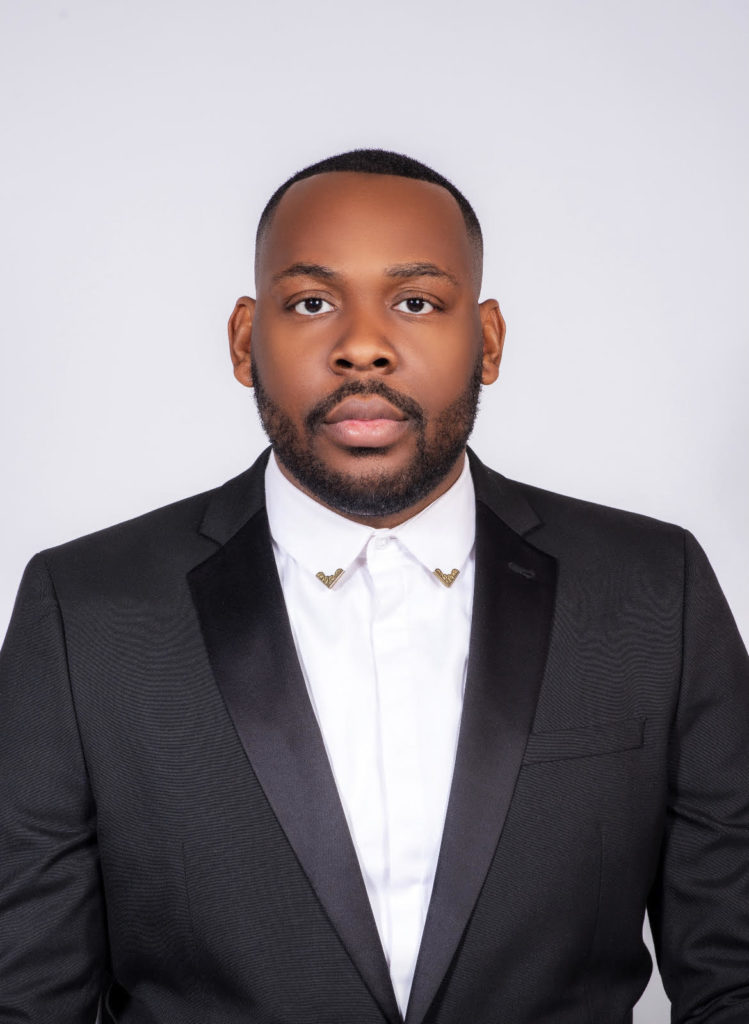By Southwester Staff

Living Classrooms of the National Capital Region provides experiential learning to young people in Southwest and beyond. This summer, local middle school students participated in a S.T.E.A.M. (science, technology, engineering, arts and mathematics) camp at the James C. Dent House Community Center on Buzzard Point.
These programs earned financial support from the Capitol Riverfront BID, which donated nearly $6,000, according to D. Darnell Eaddy, Managing Director for the National Capital Region of the Living Classrooms Foundation. Eaddy stepped into his role in July, bringing a strong background in social work and youth development and a commitment to community engagement.
Eaddy provided an email interview to The Southwester, which has been edited for length.
The Southwester: How do your programs impact the Southwest community?
Darnell Eaddy: Living Classrooms Foundation is committed to working with communities by creating access to opportunities designed to disrupt the ecosystem of poverty. Our program participants are our lead partners in the work of disrupting this system and mitigating the disparities it causes. We recognize that the strength of each community lies in the resilience of each resident and the access and opportunities available to community members of all ages. Living Classrooms creates safe spaces to nurture the abilities of all participants to achieve a positive collective impact through experiential learning – literally learning through direct experience – or what we call “learning by doing.” Our core competencies in applying this approach are in our three focus areas: Education, Workforce Development, and Health, Wellness, & Community Safety. Through this work, Living Classrooms has impacted the lives of over 110,000 residents over the last 20 years by co-designing with communities programs that provide holistic and transformative opportunities.
SW: Your mission is linked to historic and contemporary racial, social, and economic disparities. How does this legacy shape your programming?
DE: Our legacy of historic and contemporary racial, social, and economic oppression has created the inequities and disparities that the Living Classrooms Foundation and other social service agencies and non-profits exist to attempt to both mitigate and dismantle. The oppression of marginalized communities is the core reason we seek to ensure that communities are heard, valued, and actively involved in the creation of programming and services to dismantle inequitable systems. We utilize a listen first approach, and we seek to respond with empathy. We recognize that community members are the experts of their experiences, and that it is imperative to keep families, stakeholders, and constituents involved in our planning and programming. Our participants know what their definition of success is and often just need support and resources to achieve their goals.
SW: How will the recent financial contribution from the Capitol Riverfront BID support the Southwest community?
DE: The generous donation from the Capitol Riverfront BID led by Michael Stevens will help to sustain our existing programming. The donation allowed us to expand the Creative Arts and S.T.E.A.M. enrichments offered to middle school scholars enrolled in our summer program. Scholars were able to express themselves through creative writing and music production, learn more about the environment in their community, and enhance 21st-century skills by learning foundational engineering principles. Additionally, it will help us continue to implement our award-winning robotics team and our music programs, the Queen Beez and BeatZone, into the 2021-2022 school year.
SW: The Dent House opened on Juneteenth just two years ago. With new development coming to Buzzard Point, what is the importance of holding this space for the community?
DE: The incredible legacy of Rev. Dent and the history of the community are integral components of the legacy of Buzzard Point and the Southwest community. We are committed to holding this space to ensure the diverse history of residents and the community are preserved. We have an obligation to honor the work of our ancestors and ensure that the future generations are aware of their rich history. Furthermore, we have an obligation to ensure that we utilize this space to ensure that every resident can be participants in the changes occurring in the community and not be displaced by them.
SW: As the new Managing Director, what are your top priorities?
DE: My overall goal for the Living Classrooms Foundation of the National Capital Region is to continue to disrupt the ecosystem of poverty by creating opportunities for youth and adults. We will achieve this by expanding the great work that already exists, including educational opportunities for youth, creating workforce development opportunities that create a path for participants to earn a family-supporting wage, and partnering with the local government to enhance the environment surrounding the Anacostia River. Ultimately, our goal is to partner with residents, government agencies, foundations, and businesses to build a Workforce Development & Education Center with the capacity to serve thousands of residents a year.

